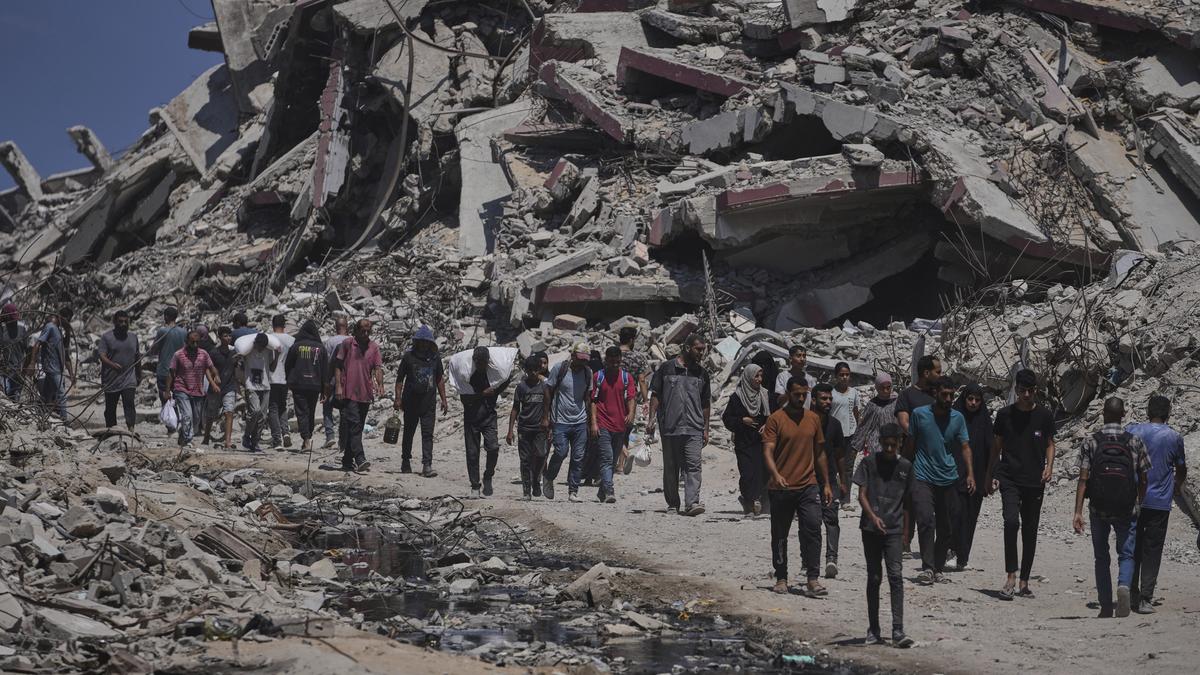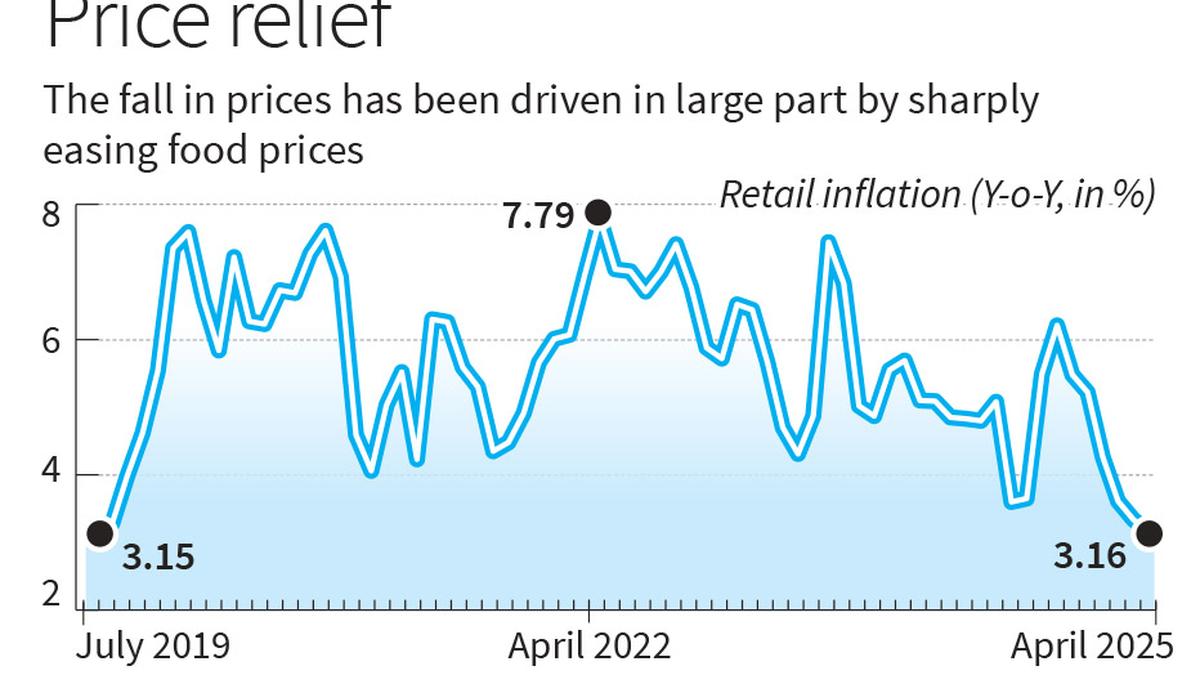
File picture of Satya Pal Malik.
| Photo Credit: The Hindu
Satya Pal Malik, the last governor of Jammu & Kashmir, who became a trenchant critic of Prime Minister Narendra Modi during the 2021 farmer agitation, passed away in Delhi on Tuesday (August 5, 2025), the sixth anniversary of the abrogation of Article 370.
The seasoned grass roots politician from western Uttar Pradesh, who weathered many a political storm spanning over five decades, was ailing from kidney issues for a long time and was admitted to the Ram Manohar Lohia Hospital in May this year, hours after the CBI filed a chargesheet against him and five others in ₹2,200 crore Kiru Hydropower project case on alleged corruption charges.
Mr. Malik, 79, had strongly denied the charges and called them politically motivated. In a social media post on June 7, he reiterated that he was being targeted because he supported the farmers’ movement and women wrestlers’ agitation against sexual harassment.
Earlier, in media interviews, he accused the government of engaging in a witch hunt, claiming that he had informed the top leadership that he had been offered a bribe twice during his tenure as the Jammu and Kashmir Governor and had been praised for his honesty. Following the abrogation of Article 370, which reduced the status of Jammu and Kashmir to a Union Territory, Mr. Malik was transferred to Goa and subsequently to Meghalaya.
Not one to hold back his punches, Mr. Malik was the only politician who openly spoke against the Modi government while holding a Constitutional post. After demitting the office, Mr. Malik created a stir when he alleged that Prime Minister Narendra Modi had shut him up when he blamed the Centre’s lapses for the deaths in the Pulwama attack in 2019, and highlighted the Union Home Ministry’s refusal of an aircraft that had forced the convoy to travel by road.
Recently, he raised questions about PM Modi’s handling of the Pahalgam attack. However, he remained neutral on Article 370 throughout and said he signed on the dotted line set by the Centre.
Born in Baghpat in western Uttar Pradesh in 1946 in a farmer’s family, Mr. Malik lost his father early. A law graduate with a keen interest in poetry and history, he started his career in agrarian politics at Meerut University. Known for holding an independent view on farmer issues, even if it meant going against the party line, he was discovered by Chaudhary Charan Singh and won his first Assembly election from the Baghpat seat in 1974 on a Bharatiya Kranti Dal ticket.
In 1980, he switched to the Congress and made his entry into the Rajya Sabha from Uttar Pradesh. When the Bofors agitation gathered traction, he joined hands with the Janata Dal, winning the Aligarh Lok Sabha seat in 1989 and becoming a Minister in the V.P. Singh government.
Aligarh was Mr. Malik’s last victory at the hustings and subsequently faced a long electoral drought. Staring into a political wilderness, after spending some time in the Samajwadi Party, he made an ideological shift in 2004. He joined the Bharatiya Janata Party (BJP) and contested the Lok Sabha election against his mentor Chaudhary Charan Singh’s son, Ajit Singh, from Baghpat.
Despite electoral setbacks, he remained loyal to the BJP, and the party rewarded his patience by appointing him national vice-president in 2012. He was the prominent Jat face of the party in the aftermath of the Muzaffarnagar riots, who worked with then-party president Amit Shah to revive the party’s fortunes in the sugarcane belt. In 2017, he was nominated as the Governor of Bihar. A year later, he was appointed the Governor of Jammu and Kashmir, followed by stints in Goa and Meghalaya. By 2021, Mr. Malik, who had once been a strong votary of Mr. Modi’s leadership during his tenure as Chief Minister of Gujarat, again demonstrated that he is a born rebel. Interestingly, while he attacked Mr. Modi, Mr. Malik never burned his bridges with Mr. Shah.
His detractors viewed him as an opportunist who abandoned the party when he was superseded by another Jat/farmer Governor, Jagdeep Dhankhar, in the race for the Vice-President’s chair. However, Mr. Malik maintained that it was a fight for his principles and the interests of farmers until the end.
Published – August 05, 2025 03:30 pm IST


